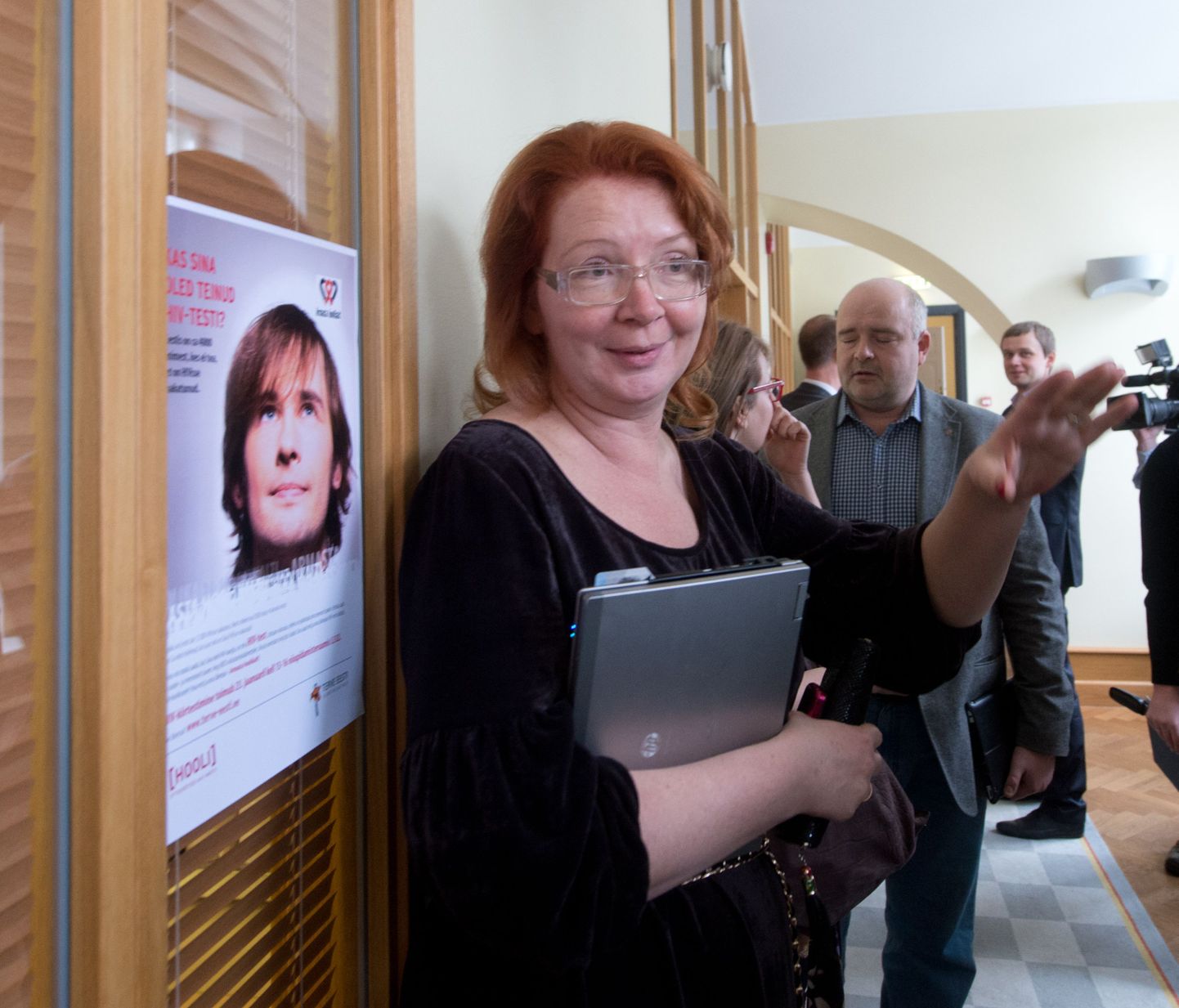In the last couple of decades, the Russian community in Estonia has undergone a remarkable development. However, those who claim monopoly of «ultimate truth», do not notice or prefer not to see the things bonding different nationalities in Estonia. Instead of recognising the rise of musicians, top athletes, scientists and a new generation of Russian-speaking (and Estonian-friendly) politicians helping create an ever widening public space, they are attempting to forge confrontations and build tensions, to utilize demagogy and sow contempt towards the local Russians acting for the good of Estonia.
Considering the person of the messenger, we shouldn’t, in this case, get overly excited. However, considering her position, it should be remembered and kept in mind. First and foremost, this should be noted by the political forces which, in last year’s strikes, demonstrations and in the wake on the discontent expressed by Charter 12, now seek partners for future actions.
